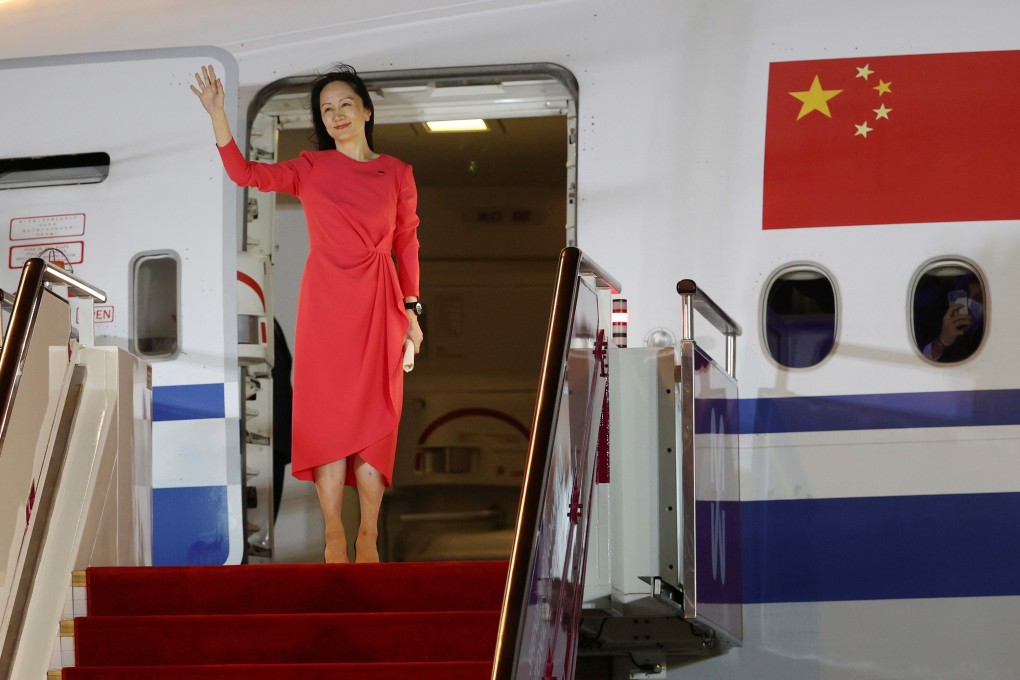Advertisement
Canada’s canola farmers hope Meng Wanzhou release ‘lowers the temperatures’ with China amid trade spat
- Canada is the world’s largest grower of canola, but China suspended the licences of two major shippers in 2019, while making shipments from other firms subject to enhanced inspections
- Beijing said its decision was ‘well-grounded’, denying speculation that it was a retaliation against the arrest of Meng Wanzhou
Reading Time:2 minutes
Why you can trust SCMP
1

The resolution of US criminal charges against the chief financial officer of Huawei Technologies Co. is boosting optimism that China and Canada can resolve a trade spat over canola.
Canada is the world’s largest grower of canola, an oilseed used in everything from salads to deep-frying, but the commodity is stuck in the crosshairs of a dispute between the nation, China and the United States.
China suspended the licences of two major Canadian shippers, Viterra and Richardson International, in 2019 in a move that was interpreted as retaliation over the arrest of Huawei chief financial officer Meng Wanzhou in Vancouver.
Advertisement
Now that Meng has been released and two Canadians detained in China were allowed to return home, “hopefully that lowers the temperatures between the two countries,” said Jim Everson, president of the Winnipeg-based Canola Council of Canada.
We congratulate the Government of Canada and our diplomats for resolving a major issue impacting Canada-China relations and hope it leads to an environment to resolve the outstanding canola trade issue
China is the largest importer of oilseeds and “our goal is to have predictable open trade,” Everson said.
Advertisement
Advertisement
Select Voice
Choose your listening speed
Get through articles 2x faster
1.25x
250 WPM
Slow
Average
Fast
1.25x